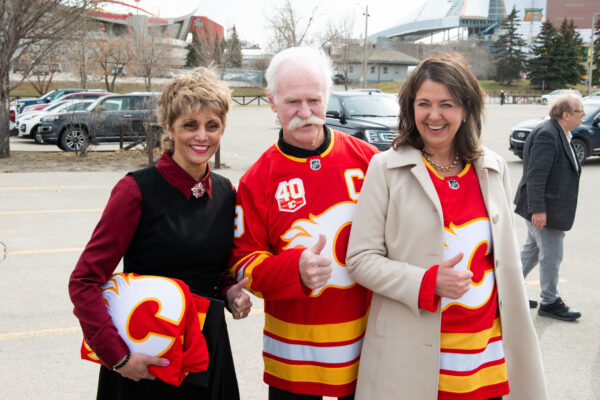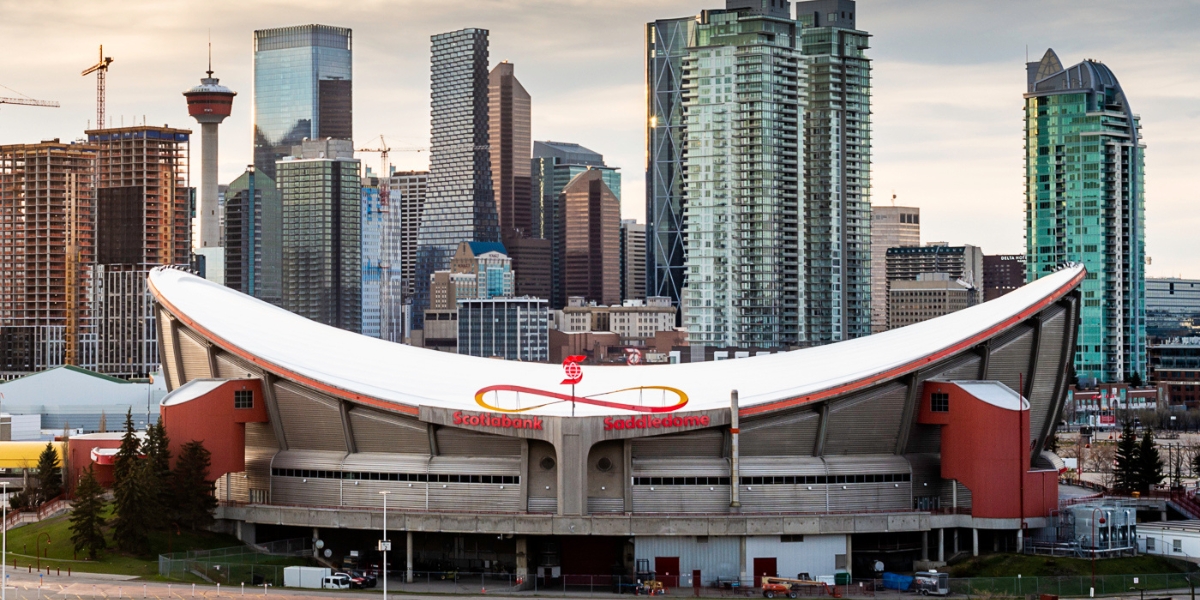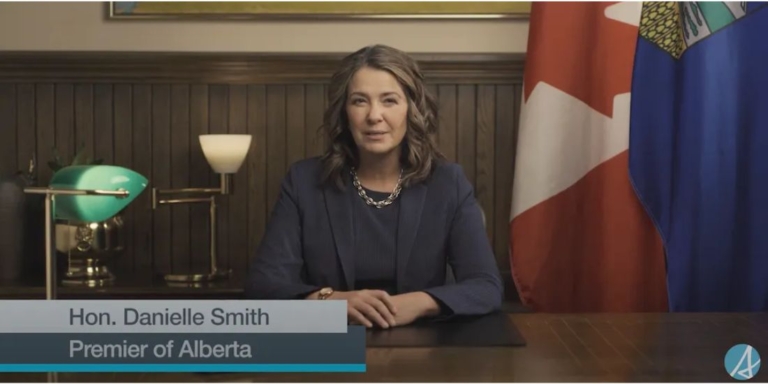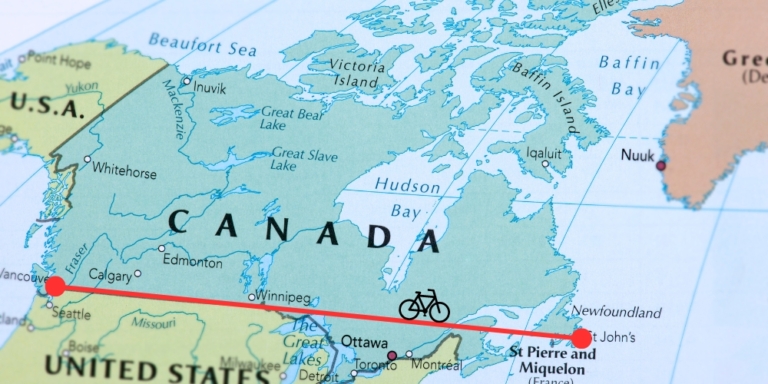On April 25, 2023, Calgary announced plans to build a new arena to replace the city’s existing Saddledome. The project involves the provincial government and Calgary Sports Entertainment Corp. (CSEC), which owns the Calgary Flames.
This project has been on the table for years. The original cost of the arena was estimated at $634 million, but CSEC walked away from the project in 2021.
The new price tag for the project sits at $1.2 billion, almost double the previous estimate. So, who is footing the bill?
Under the proposed terms, Calgary will dish out $537 million, and CSEC will pay $356 million. Premier Danielle Smith has pledged to commit $330 million of provincial money if the UCP is re-elected.


$300 million of funding from the provincial government will go toward infrastructure work. This includes transportation improvements and land, site, and infrastructure costs.
The remaining $30 million will cover 50% of the costs of constructing a community rink. The provincial government will also pay for the demolition of the Saddledome.
Keep in mind the province’s pledge isn’t set in stone. It still needs to be approved by Cabinet and the Treasury Board. In other words, the project cannot be approved until after the election.
Smith recently told reporters she doesn’t want this project to become an election issue. But if she really wanted to keep the $1.2 billion separate from the election, you don’t announce it just days before the campaign begins.
Controversial Spending
Critics have raised concerns about using public dollars for the pricey project. This includes Kris Sims, the Alberta director for the Canadian Taxpayers Federation.
“Politicians should not be hitting up the taxpayer to bankroll arenas for big-league sports teams…there’s a huge risk taxpayers will (be) hit with runaway bills on this project,” commented Sims.
“Are Calgarian property owners going to have an eight or 10-per-cent property tax hike? Are businesses going to have their taxes go way up and hollow out the downtown again?” continued Sims.
Other critics argue Smith contradicts a claim she made in 2012 when she was the leader of the Wildrose Party. At the time, Smith strongly opposed taxpayers’ dollars going toward a new arena to replace Edmonton’s Rexall Place.
“I’m happy that Calgary is getting this support, and we would like to see the same kind of consideration for Edmonton,” said Edmonton Mayor Amarjeet Sohi.
So why is Smith so quick to give the green light in Calgary but not Edmonton? Is it because Calgary is the critical battleground in the ongoing election?
When asked to explain the contradiction, Smith emphasized that funding would go towards supportive infrastructure, not the arena itself.
“This is not money going into an arena. Nothing’s changed. It really is a partnership between Calgary and the Flames, and the additional dollars that we’re investing in infrastructure, the kind of things that Calgary needs anyway to build out that district,” commented Smith.
In a Twitter post, Smith stated she looks forward to working with Edmonton to “invest in YEG downtown revitalization and economic growth.”
Classy move by the #Oilers supporting the #Flames arena deal.
— Danielle Smith (@ABDanielleSmith) April 28, 2023
I’m looking forward to working with Edmonton City Council, the OEG, and Edmonton’s business community and other stakeholders to invest in #YEG downtown revitalization and economic growth.
And to the Oilers – let’s… https://t.co/nP4yW4OG6c
Deborah Yedlin, Calgary Chamber of Commerce CEO, believes the project is a great investment that will create jobs, tax revenues, and a sense of pride that will put Calgary on the world stage. Adam Legge, President of the Business Council of Alberta, agrees, claiming the project will promote growth in both Calgary and the province.
“There are always tough choices that governments are faced with…but the reality is we need to continue to revitalize the city and its infrastructure,” Yedlin told CBC News.






